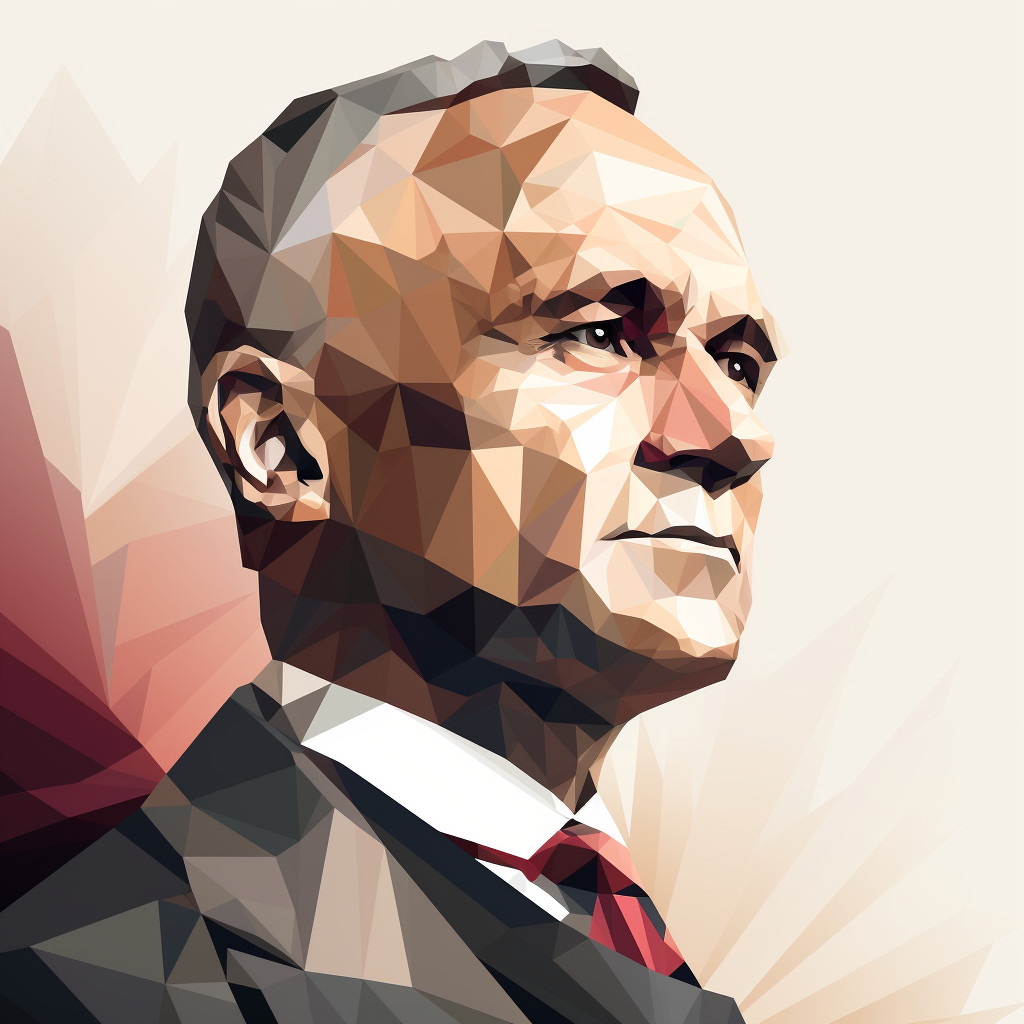This quote is an assertion that human emotions are the driving force behind the world’s governance and the course of civilization. It suggests that our feelings and emotions are not just personal experiences, but powerful forces that can shape societies, cultures, and history.
When we think about the world’s rulers or leaders, we often consider their policies, strategies, and decisions. However, this quote pushes us to consider the underlying emotions that drive these actions. Fear, love, anger, compassion, envy – these are the emotions that often prompt leaders to action, and these actions in turn shape our world.
In a broader sense, the quote also implies that the collective emotions of societies and cultures can establish the destiny of civilization. Mass movements of joy, fear, anger, or hope can lead to significant societal changes, revolutions, and progress.
Applying this idea to personal development, it suggests that understanding and harnessing our emotions can be a powerful tool. If our emotions can rule the world and establish the destiny of civilizations, imagine what they can do on a personal level. By learning to understand our emotions, we can better control our actions and reactions, leading to personal growth and development.
In today’s world, we can see this concept in action in various ways. For example, the global response to climate change is largely driven by a collective emotion of concern and fear for our planet’s future. On a smaller scale, the decisions we make in our personal lives – from the careers we pursue to the relationships we cultivate – are often ruled by our emotions.
In conclusion, this quote encourages us to not only acknowledge the power of human emotions but to understand, respect and harness this power, both on a global scale and in our personal lives.








